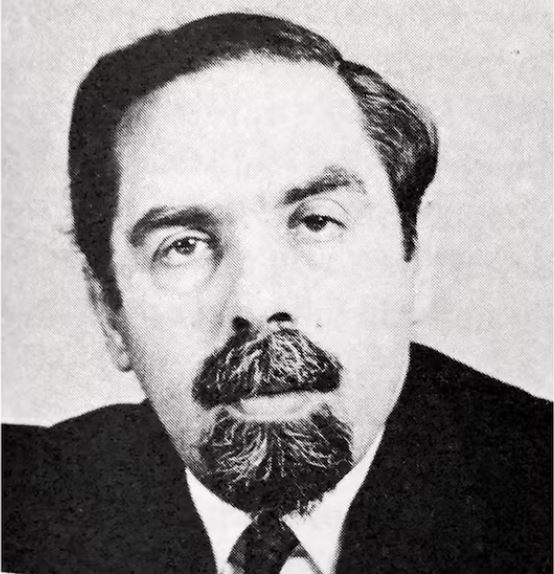There is no single community, Harry Freedman stresses, but a multitude of voices ranging from the liberal to the ultra-orthodox
Of all the European countries that Jews have lived in, none has been so welcoming as Britain. There is a caveat: the first blood libel was in Norwich, of all places, in 1144, and after Edward I expelled us in 1290 we had to wait almost 400 years for Oliver Cromwell to ask us back. Jewish immigration to Britain was severely limited in the 1930s, as was immigration to British-controlled Palestine. Even so, Anglo-Jewry was – a handful of casualties from the occupied Channel Islands aside – the only community in Europe not ravaged by the Shoah, and Anglo-Jews are both peculiarly fortunate and haunted. My grandfather, a highly rational man, bought poison in 1940. He was going to kill his family if the Nazis reached them. My cousin sat Shiva (a wake for the dead) for her son when he married a non-Jew, because why do Hitler’s work for him?
If we exist here in our fullness, it doesn’t always feel that way. Perhaps this is our fullness, because what have we done with this security? Warsaw and Vilnius were lodestars of Jewish culture in a way that Golders Green has never managed – but, to be fair, they had the numbers.
What are we, beyond lucky? Harry Freedman’s task is to describe what we internalise – faith and trauma – and, though they are impossible to fully impart, his survey is detailed and fair. He explains our disparate tribes, our communal structures and our contradictory struggles: to integrate (for security) and not to integrate (for identity). We are model immigrants – we have the practice – and many fall away.

